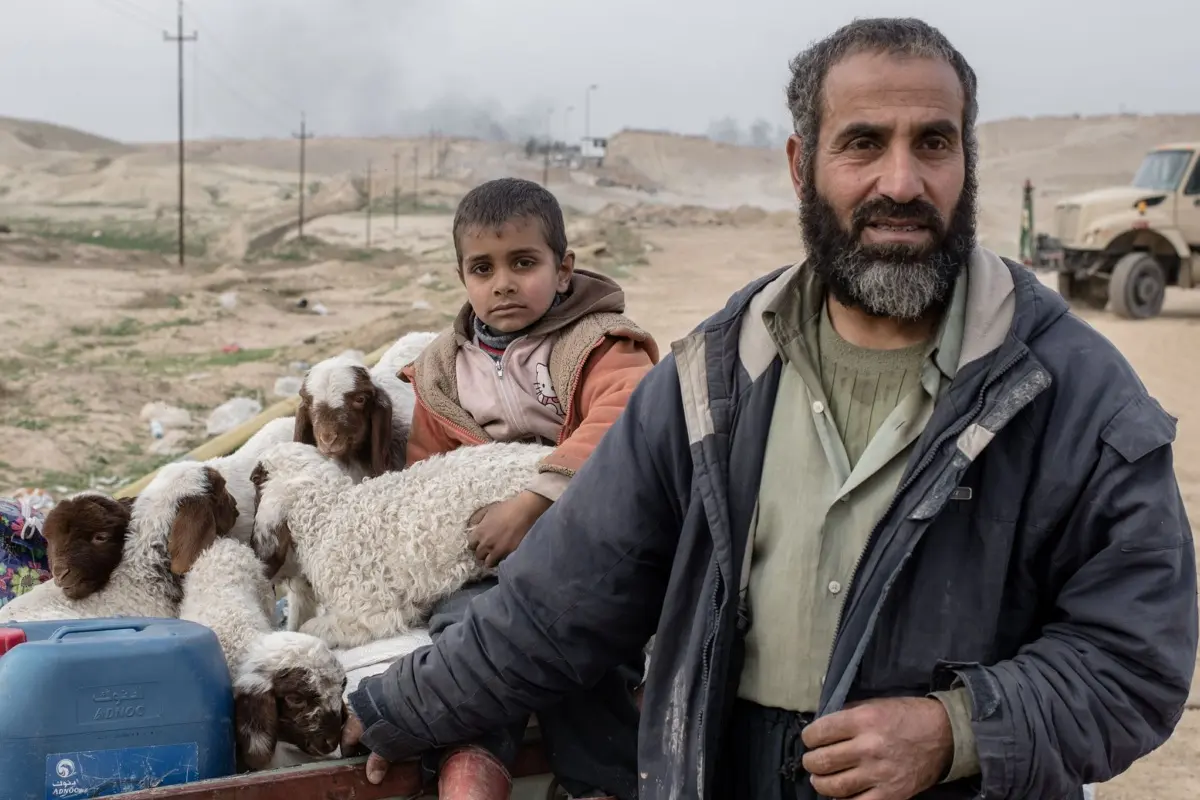
Do you want to access to this and other private contents?
Log in if you are a subscriber or click here to request service
Iraq: After the war, farmers lost 83% of their assets
FAO report underlines the problems associated with the return of displaced persons to their original activity

The Food and Agriculture Organization of the United Nations (FAO) and the International Organization for Migration (IOM) released a study investigating obstacles to displaced farmers in Iraq returning to their work after conflict forced them to leave their homes. “Are Iraqi Displaced Farmers Returning to Agriculture?” relies on data collected in 2020 from 774 households who were farming before 201...
lml - 30403
EFA News - European Food Agency
EFA News - European Food Agency